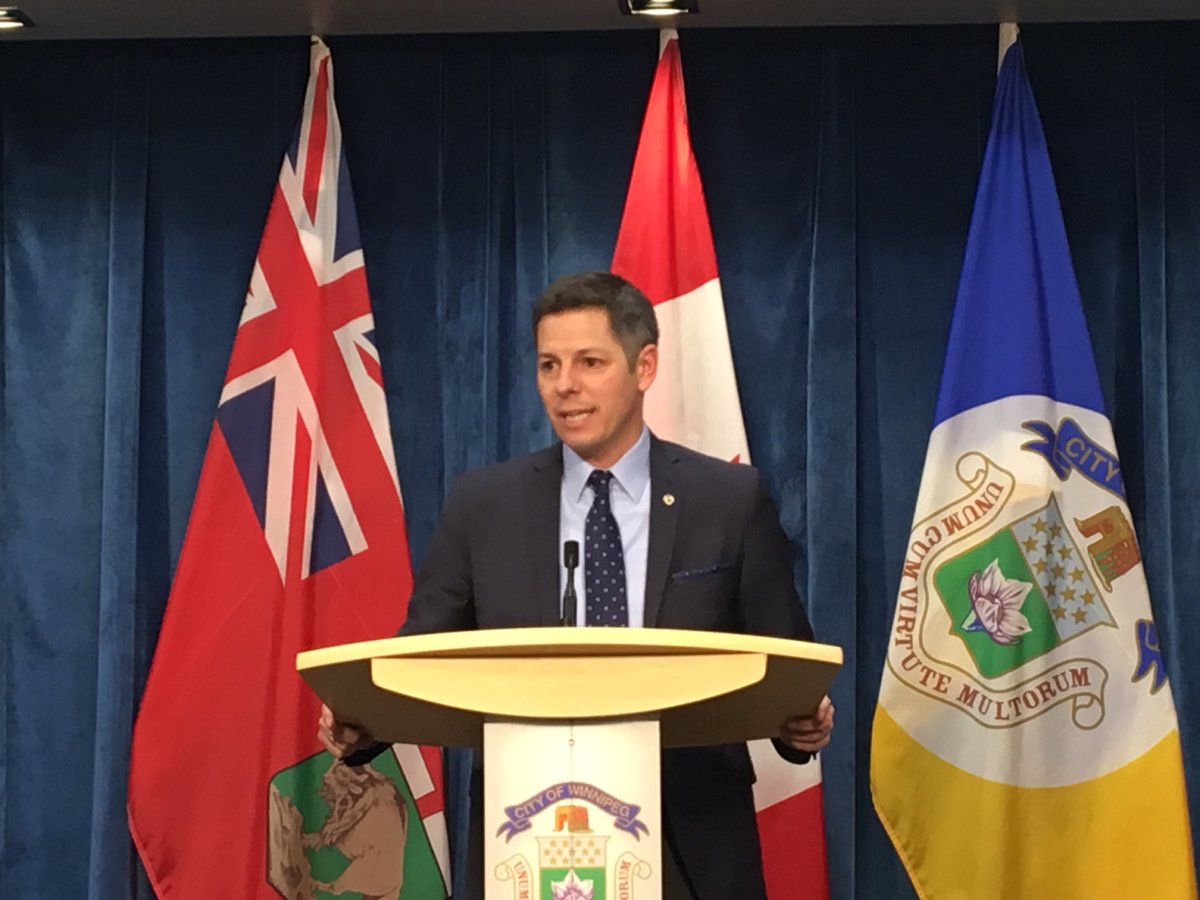A long-awaited plan to combat the meth crisis in Manitoba may not be happening as soon as some had expected.

Health minister Cameron Friesen promised a ‘significant’ plan to address the local meth crisis in October, but at the Tuesday morning announcement of a new Illicit Drug Task Force, he said a public report won’t be available until June 2019.
The tri-level task force will involve provincial, federal and municipal leaders working together to respond to the rapid increase in meth use and distribution across the province.
“The problems associated with illicit drug use destroy families, hurt communities, cross all jurisdictional boundaries, and require a collaborative and coordinated response from all levels of government,” Friesen said.
WATCH: Manitoba’s health minister announces task force to develop meth plan
Winnipeg has been expecting an over-arching drug strategy plan, as the rise in meth has greatly increased.
Manitoba NPD leader Wab Kinew was underwhelmed with Tuesday’s announcement.
“This is the illusion of action,” he said.
Kinew said what the government needs to do now is to take action, saying even more people will be harmed by meth while the task force works on its report over the next six months.
“A lot more Manitobans are going to struggle with addictions, a lot more people are going to sick and a lot more people are going to feel the spinoff of crime,” he said.
WATCH: ‘This is the illusion of action’: Manitoba NDP leader reacts to announcement of Illicit Drug task force

Premier Brian Pallister said there have been steps forward with dealing with meth.

Get breaking National news
“As long as a problem exists, there are some that will say we should spend more on it,” he said Tuesday.
“I don’t want to take limited resources away from kids who have cancer and didn’t do anything to deserve it. I want to make sure we redirect our resources intelligently and fairly, but we have other priorities. We have to recognize that.”
Pallister said the idea of safe-injection sites is not one he believes in.
“There are problems that go with safe injection sites,” he said. “The word safe, in itself, is an implication of normalcy and normalizing meth use is not what any of us want to do.
“It also can be a danger in attracting drug dealers to that area and encouraging use, additional use by others.”
Dr. Ginette Poulin, medical director at the Addictions Foundation of Manitoba (AFM), said meth is now the most-reported primary drug of use among people accessing care at AFM facilities, with an increase of over 50 per cent over the last few years.
Poulin says the low cost and easy availability of the drug as being among the main reasons for its local resurgence at the top of the illegal drug market in Manitoba.
Earlier this year, police chief Danny Smyth said Winnipeg’s crime rates are rising due to the drug.
“A significant part of that is what we’re experiencing here with meth and the violence associated with meth,” he said in July.
“There’s probably not a week that goes by where we don’t encounter some kind of sensational news-worthy event that we might not recognize at the time is associated with meth.”
Winnipeg mayor Brian Bowman said Tuesday that city council voted unanimously to create the tri-level government force.
“Police continue to identify methamphetamine as a key driver of violent crime in our city, and, by themselves, no one level of government can successfully address the challenges of methamphetamine and other illicit drugs,” he said.
“It requires a commitment from all levels of government to find ways to strengthen prevention and treatment, as well as enforcement, and this task force is intended to do just that.”
The task force’s goal is to come up with practical recommendations to combat the use and distribution of meth and other illicit drugs, including opioids, cocaine and hallucinogens.
It will be co-chaired by deputy health minister Karen Herd and Michael Jack, the city’s chief corporate services officer.
Their job will be to identify areas to improve existing programming related to prevention, treatment and deterrence. They’ll also identify areas to improve enforcement, seek advice from health, social and law enforcement professionals, and more.
WATCH: Winnipeg mayor says meth crisis is taking a toll on city resources











Comments